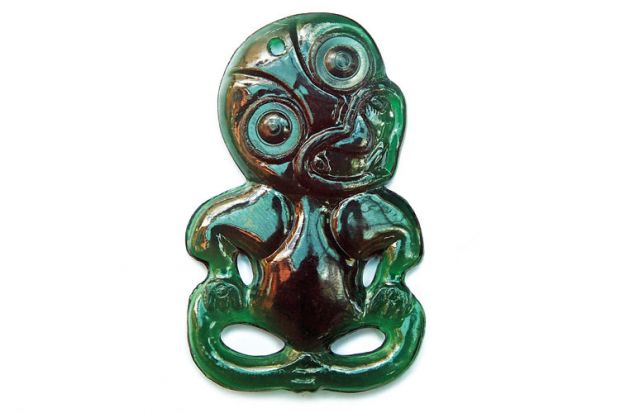White supervisors in New Zealand can provide far more effective support for their Maori students by “embracing rather than refusing history’s ghosts”.
That was the argument of Barbara Grant, associate professor of higher education at the University of Auckland, speaking at an event on “Boundary Crossing in International Doctoral Supervision: Contexts, Cultures and Confluences” organised by the Society for Research into Higher Education.
Although the number of Maori doctoral students in New Zealand’s universities almost doubled between 2003 and 2013 (from 248 to 481), she explained, there were still only a “tiny number of Maori academics”.
So what challenges did that present to Pakeha (or white) supervisors who were often uncomfortable at “being confronted with New Zealand’s colonial history and its destructive legacy”? To answer that question, Professor Grant’s paper drew on in-depth interviews with nine such supervisors.
One thought it crucial to remember that a white supervisor was also inevitably “a Treaty partner” – a reference to “the founding document of British settlement in our country – the Treaty of Waitangi, signed by the British Crown and many Maori chiefs in 1840”.
Another recalled working with her first Maori student, when an awareness of “colonial power imbalances and everything” had made her reluctant to “be as directive as I would’ve perhaps been at times with other students”. Fortunately, her student had been able to point out that such “diffidence” in a supervisor was not helpful at all.
A third supervisor, by contrast, refused to allow her Maori doctoral student to give up on her PhD, on the grounds that “you made a commitment to me and now I’m calling it in”.
Yet despite the complexities of relationships across “the Pakeha-Maori hyphen”, Professor Grant argued that they often offered white supervisors “many opportunities for intellectual intrigue, friendship, joy, as well as invitations to events and places in New Zealand not easily accessible to non-Maori”.
However, it remained essential that supervisors adopted the role of “good gatekeeper”, remembering the long history of Maori being “shut out from higher education by gatekeepers of all kinds” and willing to “hold the gate open” for Maori students today.
POSTSCRIPT:
Print headline: Supervisors urged to ‘embrace history’s ghosts’
Register to continue
Why register?
- Registration is free and only takes a moment
- Once registered, you can read 3 articles a month
- Sign up for our newsletter
Subscribe
Or subscribe for unlimited access to:
- Unlimited access to news, views, insights & reviews
- Digital editions
- Digital access to THE’s university and college rankings analysis
Already registered or a current subscriber?




